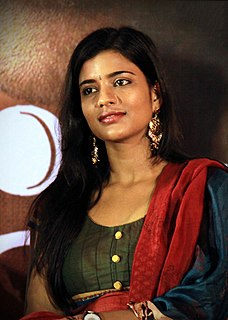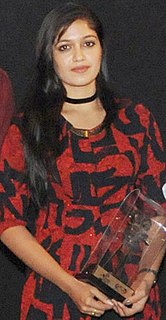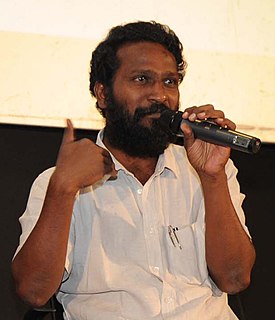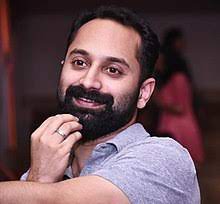A Quote by Aishwarya Rajesh
For me, Malayalam is a difficult language. It has got a lot of tongue-twisting words.
Related Quotes
Once, a man at the customs duty check at the Delhi Airport asked me a question in Hindi, and I told him that I didn't speak the language. He got angry and said, 'How could you not speak in Hindi? Hindi is our mother tongue.' I told him that it wasn't my mother tongue. He got furious, and made me wait for over 45 minutes.
Then I speak to her in a language she has never heard, I speak to her in Spanish, in the tongue of the long, crepuscular verses of Díaz Casanueva; in that language in which Joaquín Edwards preaches nationalism. My discourse is profound; I speak with eloquence and seduction; my words, more than from me, issue from the warm nights, from the many solitary nights on the Red Sea, and when the tiny dancer puts her arm around my neck, I understand that she understands. Magnificent language!
Public speaking is done in the public tongue, the national or tribal language; and the language of our tribe is the men's language. Of course women learn it. We're not dumb. If you can tell Margaret Thatcher from Ronald Reagan, or Indira Gandhi from General Somoza, by anything they say, tell me how. This is a man's world, so it talks a man's language.
It has not been definitively proved that the language of words is the best possible language. And it seems that on the stage, which is above all a space to fill and a place where something happens, the language of words may have to give way before a language of signs whose objective aspect is the one that has the most immediate impact upon us.



































